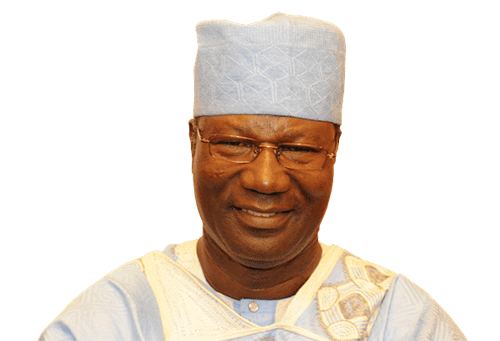CLIMATE finance transfers are part of the global North’s ecological debt to the global South, which includes climate dept.
Repayment of this dept must include financial transfers, but it should also incorporate the unconditional annulment of all illegitimate foreign dept; immediate and rapid emissions reductions in Annex 1 countries; and the global sharing of appropriate technology and knowledge, to enable developing countries like Namibia, to adopt low carbon societies and increase communities’ resilience to climate change.
Friends of the Earth International (FoEI) recognises that tackling climate change will involve dismantling the current corporate-driven political and economic model that drives climate change, global competition for energy resources and the degradation of the environment (which reduces human and ecological resilience to climate change).
We cannot continue to favour a few rich elites over the impoverished majority when that brings with it the unsustainable exploitation of natural heritage, the commodification of life, the privatisation of public services, and the increasing control of production and trade by a few powerful transnational corporations.
Measures to address climate change have to be based on a fundamental transition to a new, equitable and sustainable society if they are to succeed. Climate finance should be used to create climate justice and foster people’s sovereignty and communities’ ability to manage their local resources sustainably, including energy, forests and water.
It should also prioritise local technologies and knowledge, and empower indigenous peoples, women and other vulnerable populations. Climate finance must also be consistent with existing international treaties and conventions, including those that ensure compliance with appropriate safeguards for indigenous peoples, women, displaced and other vulnerable communities; and those that mandate strategic environmental assessments.
Particular care must be taken to ensure climate finance is not used to fund mechanisms that could restrict indigenous peoples’ and local communities’ access to resources (as could happen under Reducing Emissions for Deforestation and Degradation (REDD), for example.
Developed countries cannot use fulfilling climate finance obligations to pre-determine the appropriate use of funds – these debates must be concluded in the United Nations Framework Convention on Climate Change (UNFCCC) with the full participation of civil society.
Climate finance must also be free of conditionalities that might restrict indigenous peoples’ or local communities’ involvement in decision-making and the design and implementation of related activities, both nationally and internationally. At all stages, the meaningful involvement of local communities, indigenous people, and women will be vital to the success of measures to mitigate and adapt to climate change. Effective governance structures also need to allocate flows of climate finance in ways that protect indigenous peoples and local communities’ rights, cultures, lands, traditional practices and natural resources; ensure the free prior and informed consent of affected indigenous peoples and local communities; and establish the right to redress.
Support must also be provided for workers and sectors of society involved in carbon-dependent industries, to ensure a just transition. The provision of climate finance should be mandatory, and derive from stable and predictable public sources in climate-debtor (global North) countries.
It must also be new and in addition to existing official development assistance obligations. It must be sufficient in scale to repay the climate debt and meet the mitigation, technology and adaptation needs of the global South; but it should not be raised through border tax adjustments on goods imported from the global South, or violet existing agreements under the UNFCCC.
Domestic tax revenues and policies designed to raise climate finance in debtor countries must not burden poorer households unfairly. Climate finance must come under the authority of the UNFCCC, not international financial
institutions.
Governments have already agreed that the UNFCCC, which is guided by multilaterally negotiated principles based on historical responsibility, is the main international framework for addressing climate change. It is also governed democratically. Any executive board established to manage climate finance must be based on equitable representation consistent with the balance of representation of parties to the UNFCCC. Transparency and accountability mechanisms at the local, national and international levels will also be essential to effective public scrutiny. A penalty system should be established to ensure the fulfilment of all climate finance obligations. Technical, financial and institutional ‘false solutions’ must be rejected; and climate finance should not be channelled through or support offsetting mechanisms, sectoral or otherwise, or institutions and private entities that finance and/or profit from the promotion of false solutions. These include the World Bank, regional financial institutions, and other public and private agencies with poor environmental and social track records and undemocratic governance structures.
Finally, climate finance should not be used to support the private acquisition of intellectual property rights for climate technologies and know-how; and any provisions in free trade and investment agreements that interfere with the establishment of adequate governance structures, or support corporations engaged in false solutions, should also be dismantled.
*Dr Moses Amweelo is a former minister of works, transport and communication. He earned a doctorate in Technical Science, Industrial Engineering and Management from the International Transport Academy (St Petersburg, Russia).


